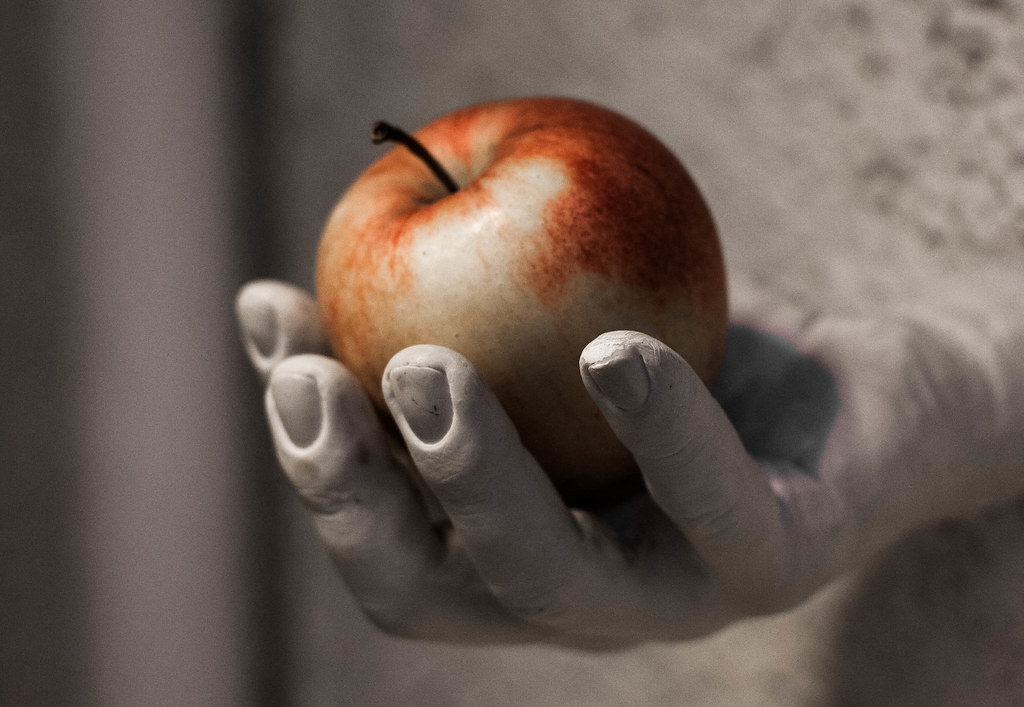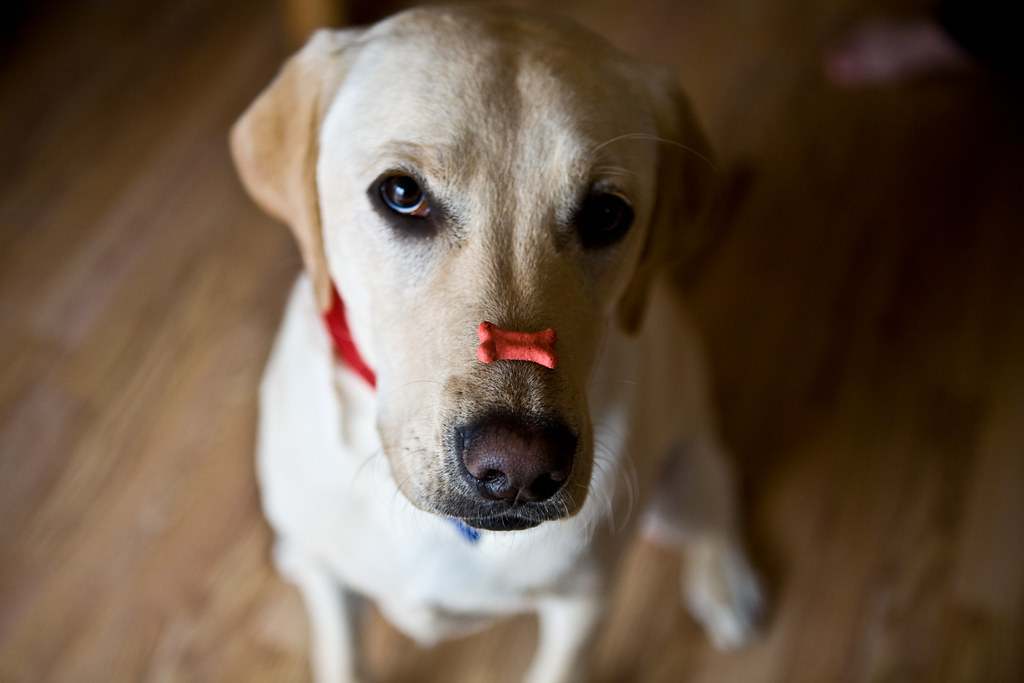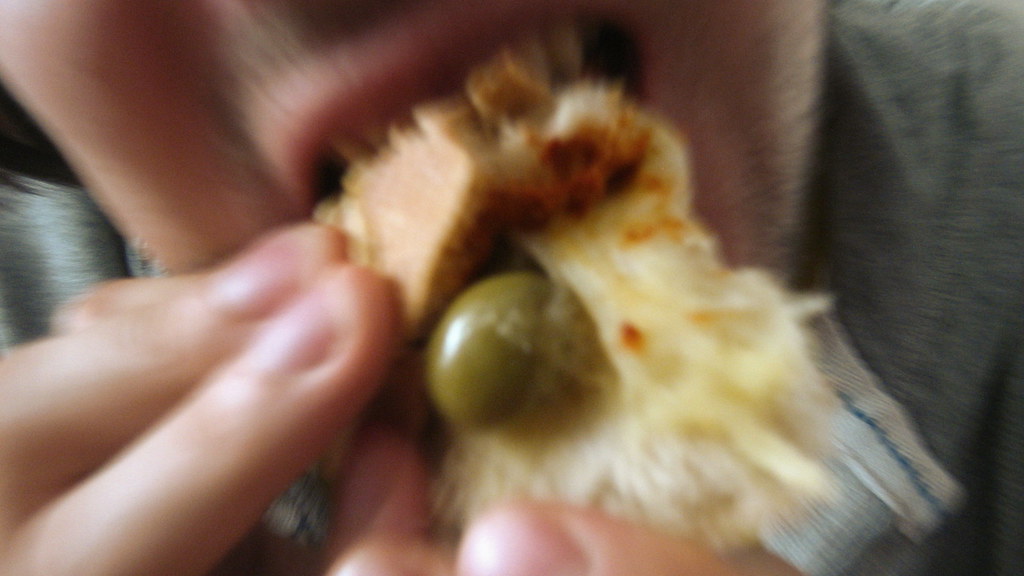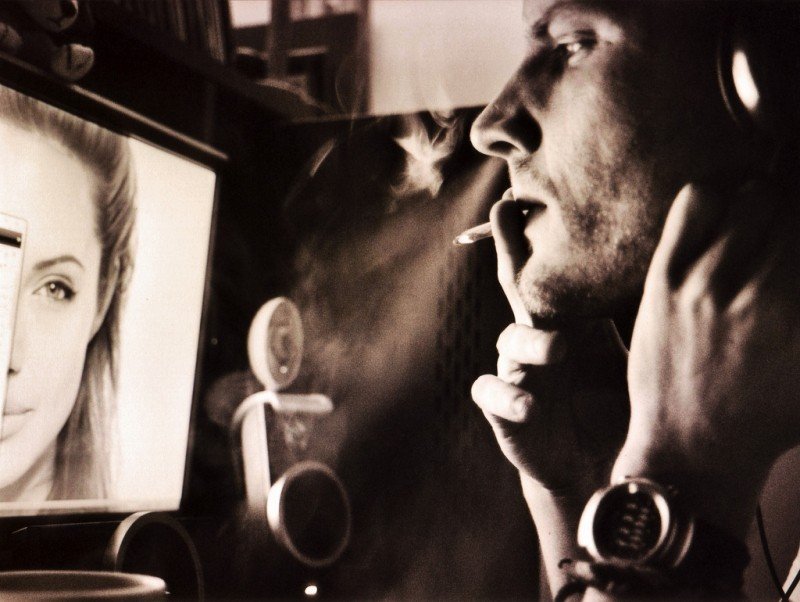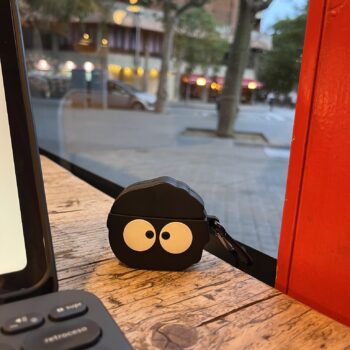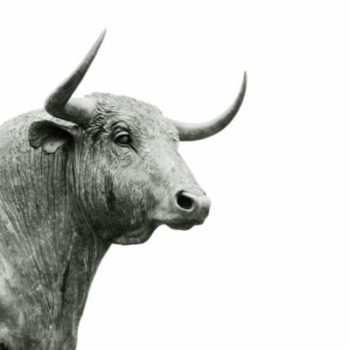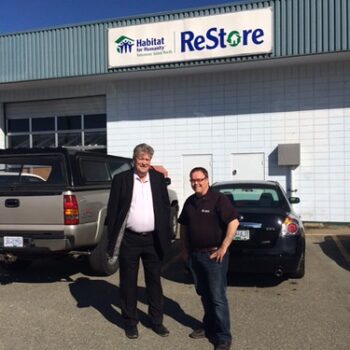Ownership is a tricky thing to definitively say whether it is all good or bad. I think there are good and bad qualities to it, because while it can be helpful, it can also hurt us, which is why when it comes to ownership we need to be somewhere in the middle.
When it comes to ownership of things it does have some positive qualities to it that are beneficial to us as humans and developing our individuality. The philosopher, Aristotle idea of ownership was, “that ownership of tangible goods help to develop moral character.” The things that we own, we choose to own, and we allow them to say something about us and who we are. These things can give others a glimpse into who we are as people and allow us to have and form connections with other people. Owning tangible things allows us to express our differences and helps us be unique and stand out as individuals. Tangible goods are not the only thing that we can own that have a positive effect on people, intangible things can also boost our moralities. As Jean-Paul Satre stated: “becoming proficient in some skill and knowing something thoroughly means that we ‘own it.” The first intangible thing that comes to mind in terms of ownership is the phrase “owning the moment,” which is an incredibly positive and exciting thing that can happen to a person. That moment where that person is on top of the world, is one filled with utter confidence and elation, it is one of the higher pinnacle moments that can happen to someone.
While owning tangible goods can make us stand out as humans and help us express and explore our self-identities, these things should not be the sole thing that our identities and morals rely on. Plato points this out when saying that, “owning objects is detrimental to a person’s character.” It can very well be, if that person relies soley on things to form their personalities. Intangible objects also possess some negative side effects when it comes to ownership that can cause repercussions in people’s lives. Which is exemplified when someone feels like they have mastered a skill or piece of knowledge, they are going to stay rooted in that comfort zone. They are going to be less accepting of new knowledge and it allows them to build a wall or barrier surrounding them into their complacency. People should use the things around them as a stepping stone, not as a crutch to carry their personality and understanding, they should not completely submit or submerge themselves into ownership.
In terms of ownership and owning things, the ramifications that it has fall in the middle of the ownership spectrum. There are both good and bad qualities when it comes to owning things and people need to work out their own balance of ownership, that has positive characteristics without becoming toxic to them. Sometimes people depend too much on what they have and what they need to have, that they do not appreciate the world around them, that does not consist of things and it can be freeing to let that weight fall off of their shoulders. While what humans own is comfortable to them, they also do not want that to hold them back in life from new things and possibilities.
When it comes to ownership there needs to be a balance, while owning things can give one a sense of self, our self-identities should not depend entirely on things that we own.
“Apple in hand” by morfeo-photo is licensed under CC BY-NC-ND 2.0

